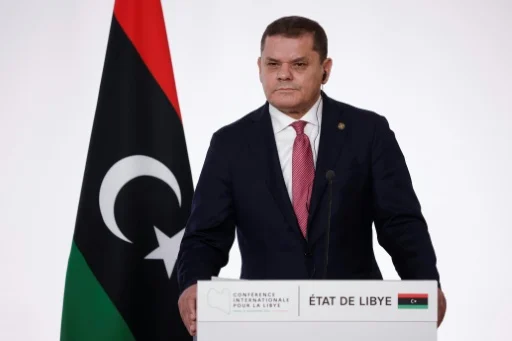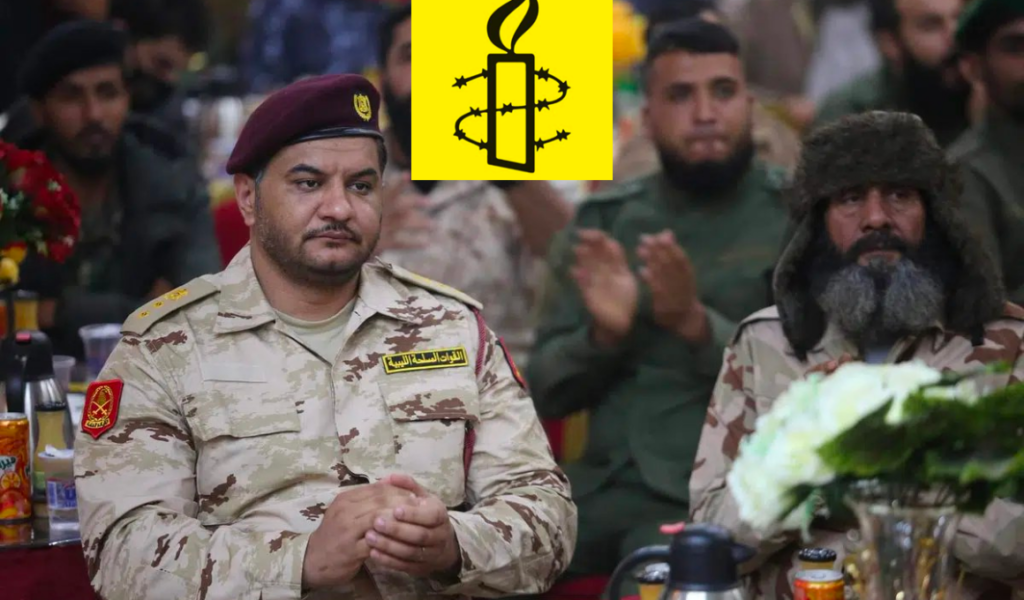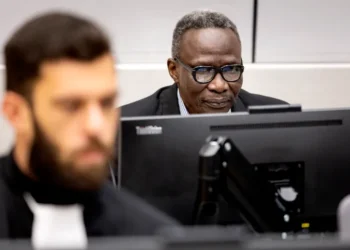The spokesperson for the Libya’s Parliament has said, one of the competing government has suspended its prime minister, who is currently the subject of an investigation. The House of Representatives, a branch of Libya’s eastern government situated in Tobruk, was led by Fathi Bashagha as its prime minister.
The reasons for Bashagha suspension are not yet known, and also why an investigation was being conducted. Abdullah Belhaiq, the spokesperson for the parliament who made the statement, did not give specific details about Bashagha’s suspension. Belhaiq initially claimed that, Bashagha’s responsibilities had been transferred to Osama Hamada, the finance minister for the House of Representatives.
However, Bashagha gave notice to the parliament that, he was handing over his responsibilities to Deputy Prime Minister Ali Qatrani. No more information was provided. The conflict between the two statements did not reconcile.

Since the demise of Muamar Gadhafi, Libya has been ripped apart by civil war, with two opposing governments, both supported by foreign donors and a large number of armed militias on the ground. Prime Minister Abdul Hamid Dbeibah has been the head of Libya’s Western administration, which is situated in Tripoli.
Early in 2021, a U.N mediated truce put in place an interim administration with Dbeibah as its leader, with the intention of guiding the nation toward elections later that year. Following conflicts over number of unresolved issues, including the qualification for presidential candidacy, the elections were not held.
The House of Representatives nominated Bashagha, a former interior minister and air force pilot, as Prime Minister of the government located in the east in February 2022. Months after Bashagha was appointed, he traveled to Tripoli with several of his Cabinet ministers, in an attempt to form his administration there, but clashes unfolded, causing him to flee to Sirte.
Khalifa Hiftar

Jalel Harchaoui, a Libya expert and research fellow at the Royal United Services Institute, argues Bashagha may have surpassed his usefulness to Khalifa Hiftar. Hiftar is the leader of the self-declared Libyan National Army. In the east and south of the nation, the organization controls the military.
According to Harchaoui, Hiftar and his family are attempting to gain more influence in Tripoli and have been holding frequent negotiations with Dbeibah’s nephew and western paramilitary commanders.

News reports suggest that, both parties have increased the size of their respective militias, while also cooperating economically as a result of a meeting between Saddam Haftar, son of the veteran commander Khalifa Haftar, and Ibrahim al-Dbeibah, the nephew of al-Dbeibah. The move was backed by the Emiratis, though Abu Dhabi hasn’t confirmed their involvement.
“The Emirati-backed connection between Libya’s two main factions helped precipitate Bashagha’s ouster from the Sirte government after more than one year of the Haftar family using Bashagha conveniently,” Jalel Harchaoui, Libya specialist at the Royal United Services Institute disclosed.
The experts believe that, the stability of the nation has been an “illusion” because all parties and their foreign sponsors, want to strengthen their influence while claiming to be supporting the UN backed elections.
“Libya is becoming more fragile as a result of an ubiquitous sense of unaccountability,” Harchaoui said, adding to the growing corruption and instability in neighbouring countries, Sudan to be specific.
“This doesn’t necessarily augur a toppling of al-Dbeibah from his Tripoli post. What it does show however is the strength of unelected incumbents and the prevalence of their informal arrangements,” Harchaoui averred.





















